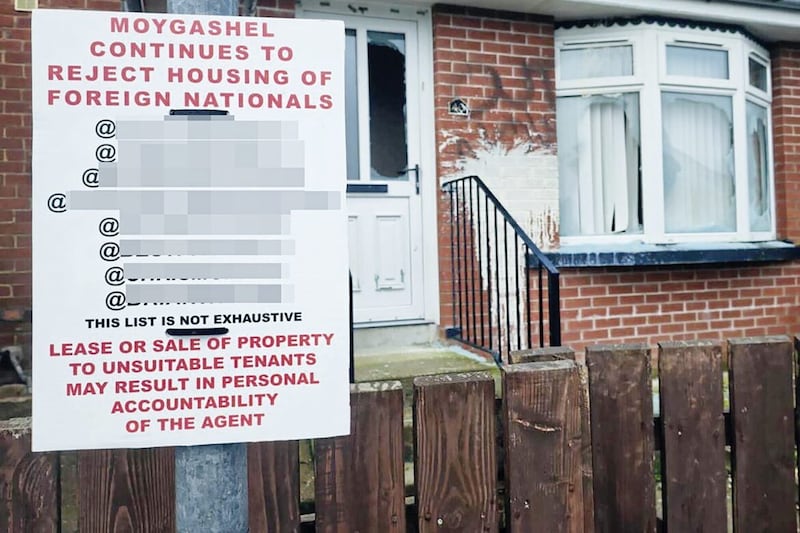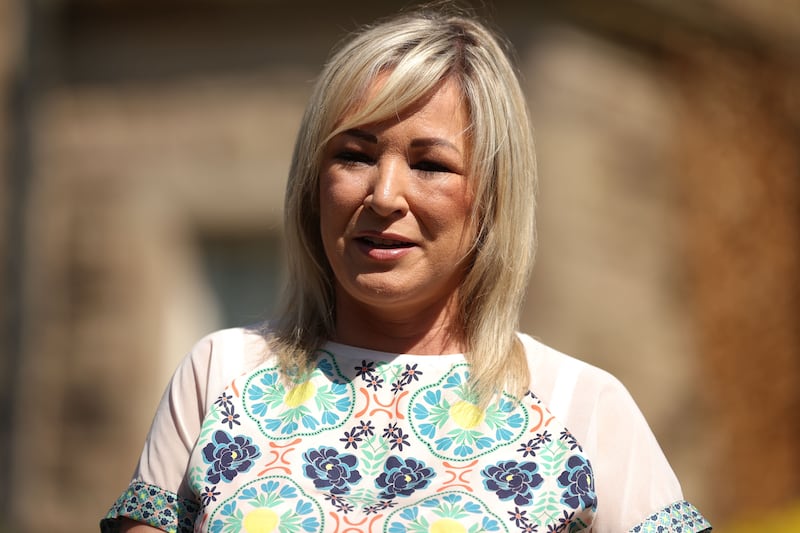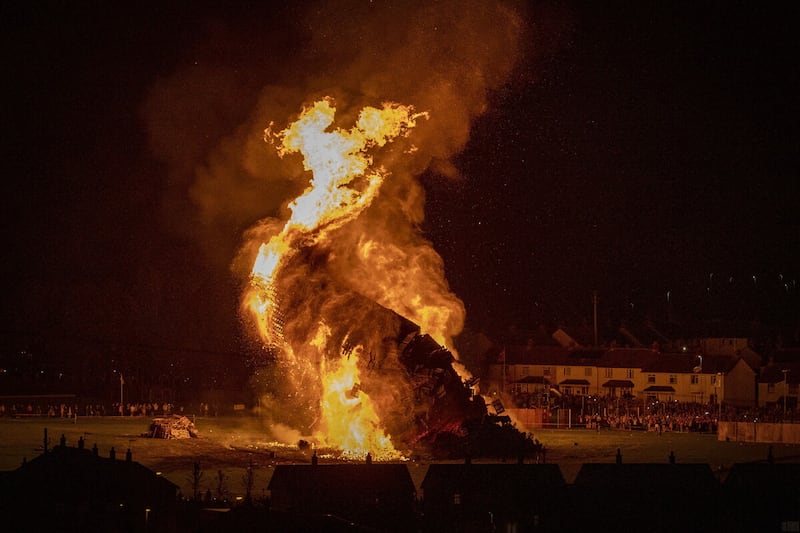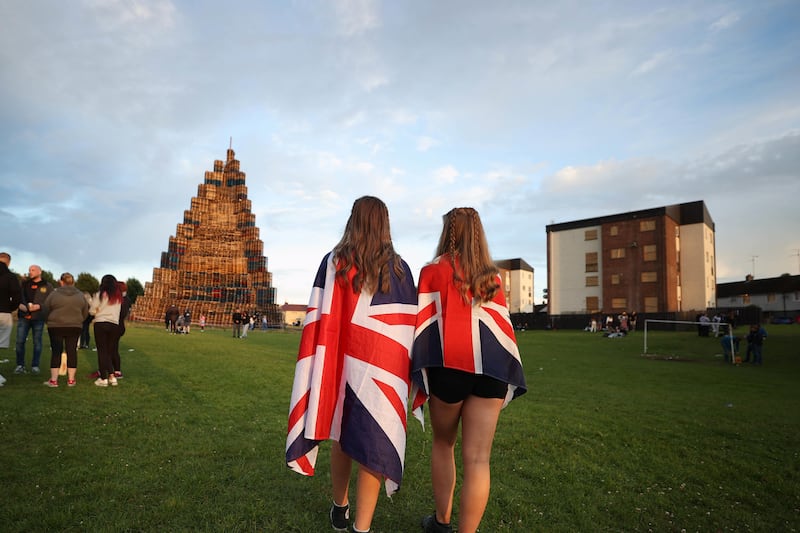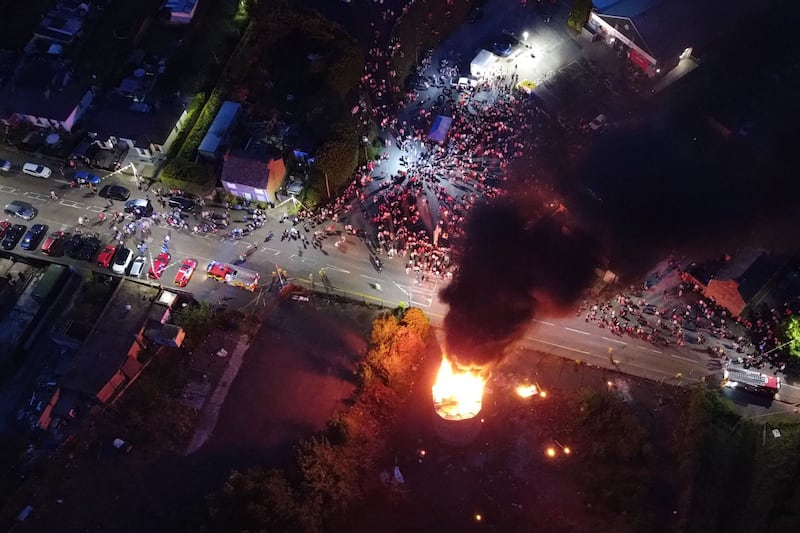A HIGH-END retail complex in Co Tyrone has been at the centre of controversy for a second time over the sale of golliwogs.
The fabric dolls were yesterday removed from sale at the Linen Green in Moygashel near Dungannon following questions from The Irish News.
Widely regarded as racially offensive, the golliwogs were being sold as garden ornaments at a store within the shopping outlet.
The same shop, Linen Mill House and Garden, was the focus of controversy in 2008 for selling golly key-rings and mugs.
Police and an anti-racism official from Dungannon council had called at the shop after a customer complained about the items.
At the time owner Dave Russell vowed to continue selling the products, saying there was "no racist element whatsoever" and branding concerns as "political correctness gone mad".
The Linen Green, located just off the M1 motorway, brands itself as "Northern Ireland's leading designer shopping village".
A spokeswoman yesterday said managers of Linen Mill had been spoken to and the dolls were now being removed from sale.
A Linen Mill staff member confirmed the dolls were being removed from sale pending further discussions, but said no-one was available to comment yesterday.
Golliwogs first appeared in children's books in the late 19th century before being reproduced as toys, but are now widely regarded as racially offensive.
Jolena Flett, advice and advocacy manager at Migrant Centre NI, yesterday warned against selling the dolls, saying they "insult and demean people".
"While some may find these dolls quite benign if you look at the context and time in which they were created, it becomes apparent that they were and continue to be used as a way to insult and demean people of a certain ethnicity and skin colour," she said.
"While this may not be the intention of the seller it is still incumbent upon them to be socially responsible in the items they choose to sell and to have regard for the insult that it may cause to people who reside within their communities.
"It is not about political correctness but about ensuring that our communities are a welcoming and safe place for all that reside in them.
"Items like these, that are seen as symbols of racism and insult, cannot contribute to the environment we want to achieve in our communities."
An Equality Commission spokesman said: "The commission has no direct knowledge of the matter raised, but Michael Wardlow, chief commissioner of the commission, said that, in general terms, he considers it unhelpful to good race relations to sell items which are, in this day and age, widely regarded as racially offensive."
Dungannon has the highest proportion of migrants of any town in Northern Ireland, representing more than 10 per cent of the local population in 2011 – up from one per cent a decade earlier.
The nearby village of Moygashel has been a focus of fears over racism in the past.
In 2014 police launched a probe over graffiti on a wall warning landlords not to lease property to foreign nationals.



